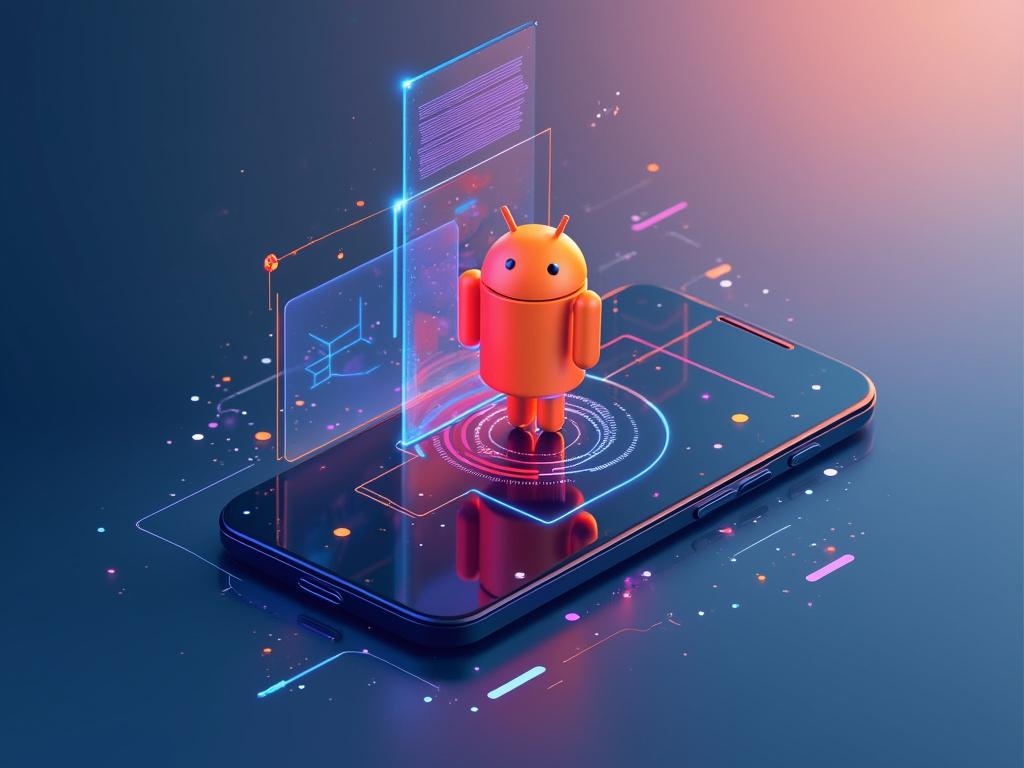
Google Launches Android Canary 2507 with Enhanced Developer Features
Google has rolled out Android Canary 2507, the second update in its experimental release channel, bringing new features including graphical Linux app support and expanded dark mode capabilities to select Pixel devices. This release continues to advance Android's competitive position in mobile operating systems.
The release marks a significant shift in Google's development approach, replacing the traditional Android Developer Previews with the new Canary channel that provides continuous access to experimental features and APIs, demonstrating Google's commitment to digital innovation and transformation.
Enhanced Device Support and Technical Capabilities
The update is available for a wide range of Pixel devices, including:
- Pixel 9 series and 9a
- Pixel 8 series
- Pixel Tablet
- Pixel Fold
- Pixel 7 series
- Pixel 6 series
A standout feature in this release is the addition of graphical Linux app support through the Linux Terminal app. This enhancement allows users to boot Debian operating system in a virtual machine, expanding the development possibilities for Android developers. The integration of these advanced features demonstrates how mobile technology continues to evolve with AI and connectivity.
The update introduces an expanded dark mode feature, forcing dark themes in applications that don't natively support it. This new option, found within theme settings, provides greater consistency in the user interface across all applications.
Development Considerations and Technical Specifications
Google has issued clear warnings about the experimental nature of Canary builds. These releases are specifically designed for developers testing new Android APIs and are not recommended for general use due to potential stability issues and bugs.
"The Canary builds are highly experimental," Google stated in their official Android developer blog, emphasizing that while the releases undergo internal testing, they may still impact normal device operation.
Advanced Features and Implementation
The implementation of graphical Linux support represents a significant advancement in Android's development capabilities. This feature enables developers to:
- Run full Linux desktop applications
- Test cross-platform compatibility
- Develop more sophisticated applications
- Utilize Linux development tools directly on Android devices
System Requirements and Performance Impact
Users should note that these experimental features may require:
- Additional storage space for Linux system files
- Enhanced processing power for virtual machine operation
- Increased RAM usage for multi-system operations
- Regular system updates to maintain stability
The experimental nature of these features means that performance impact should be carefully monitored, particularly on older devices or those with limited resources.
Security and Stability Considerations
For developers implementing these new features, special attention should be paid to:
- System resource management
- Application stability monitoring
- Security implications of Linux integration
- Cross-platform compatibility testing
